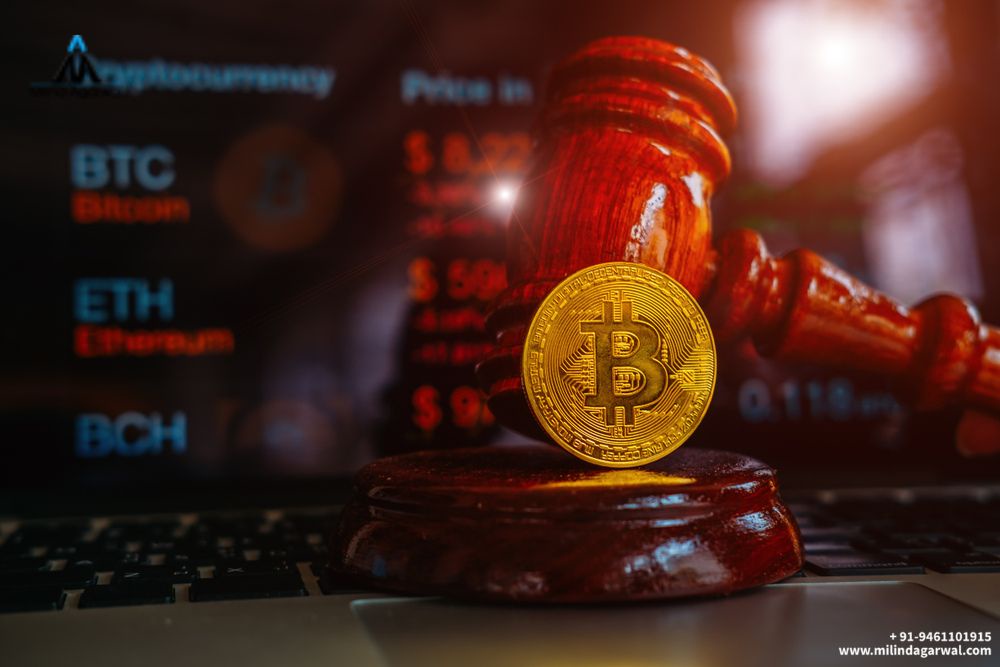In the ever-evolving landscape of blockchain technology, decentralized decision-making stands as a fundamental pillar. As the blockchain ecosystem matures, the need for effective governance mechanisms becomes increasingly apparent. This is where the expertise of a blockchain lawyer becomes crucial. In this blog post, we will delve into the intricacies of blockchain governance and explore how lawyers navigate the challenges posed by decentralized decision-making.
Understanding Blockchain Governance:
Blockchain governance refers to the processes and structures that facilitate decision-making within a blockchain network. Unlike traditional centralized systems where a single authority holds decision-making power, blockchain networks are decentralized and operate on a consensus mechanism. This decentralization is a core feature of blockchain technology, offering transparency, security, and resilience. However, it also presents unique challenges in terms of governance.
The Role of Blockchain Lawyers:
Blockchain lawyer play a pivotal role in crafting and interpreting the legal frameworks that underpin decentralized systems. They are tasked with developing solutions that ensure compliance with existing laws while accommodating the innovative nature of blockchain technology.
Addressing Regulatory Compliance:
One of the primary challenges faced by blockchain lawyer is navigating the complex web of regulations surrounding decentralized decision-making. As blockchain networks operate globally, lawyers must consider the legal implications in various jurisdictions. This involves staying abreast of evolving regulations and working towards creating governance models that align with legal standards.
Smart Contracts and Code as Law:
Smart contracts, self-executing contracts with the terms of the agreement directly written into code, are a key component of many blockchain systems. Blockchain lawyer must grapple with the concept of "code as law," where the code governing a smart contract is considered the binding agreement between parties. Balancing legal norms with the autonomy of code poses a unique challenge, and lawyers play a crucial role in interpreting, validating, and addressing legal concerns related to smart contracts.
Governance Models in Blockchain:
Blockchain networks implement diverse governance models, such as on-chain and off-chain governance. On-chain governance involves making decisions directly on the blockchain through token holder voting or consensus mechanisms. Off-chain governance, on the other hand, relies on external processes, often guided by legal contracts or arbitration.
Blockchain lawyer must assess the advantages and limitations of each governance model, taking into account factors like decentralization, security, and efficiency. Crafting legal frameworks that complement these models requires a deep understanding of both the technical and legal aspects of blockchain systems.
Resolving Disputes in Decentralized Systems:
Dispute resolution is another critical aspect that blockchain lawyer must address. Decentralized systems aim to reduce reliance on centralized authorities, making dispute resolution more challenging. Lawyers play a crucial role in developing mechanisms for arbitration and conflict resolution within the decentralized framework, ensuring fair and efficient outcomes for all parties involved.
Collaboration with Technologists:
Given the highly technical nature of blockchain, effective collaboration between lawyers and technologists is imperative. Blockchain lawyer need to comprehend the underlying technology to provide accurate legal advice. Simultaneously, technologists must understand legal nuances to ensure the development of blockchain systems that comply with legal standards. This synergy between legal and technical expertise is essential for the successful implementation of decentralized decision-making processes.
Conclusion:
As blockchain technology continues to reshape industries and economies, the role of blockchain lawyer in addressing decentralized decision-making becomes increasingly critical. Navigating the complex intersection of technology and law, these professionals are instrumental in crafting governance frameworks, ensuring regulatory compliance, and resolving disputes in decentralized systems. The evolving nature of blockchain governance requires continuous collaboration between legal and technical experts, paving the way for a more transparent, secure, and decentralized future.


No comments yet